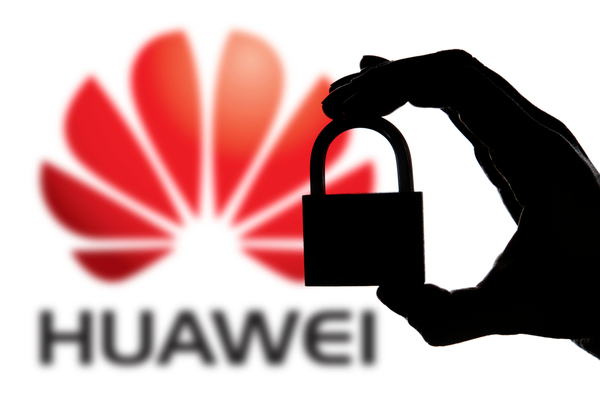After months of speculation, President Trump signed an executive order giving the federal government the power to block US companies from buying foreign-made telecommunications equipment deemed a national security risk. Under the order, which gives the secretary of commerce power to determine which transactions may be potential risks, no single company is immediately marked as a threat. But the plan is largely seen as a move against China-based Huawei, which some US lawmakers have deemed a security threat.
The government’s concerns with Huawei predate the current trade war with China, though you’re welcome to connect those on your own time if you like. But don’t try too hard because even though no US carriers sell Huawei phones in the US, lots of other Chinese companies still sell phones here.
The bigger issue is that Huawei makes a lot of the equipment used for networking infrastructure around the world, and it does so cheaper than a lot of its competitors. The US argues that Huawei is too close to China’s government, which could force companies like Huawei to install backdoors in their equipment to spy on American networks.
Huawei has repeatedly denied that this could happen, and the company’s CEO and founder, Ren Zhengfei, has made defiant statements, saying that America’s campaign against the company won’t stop its international growth. It is also something the general public has yet to see concrete evidence of. But with fears over hacking and perhaps not so allied governments infiltrating our networks, you can start to see why government officials are so nervous.
Last February, the heads of major US intelligence agencies, including the FBI, the CIA, and the NSA, went so far as to tell American citizens not to use Huawei or ZTE phones. The US has also pressured allies to stop using Huawei telecom equipment in national infrastructure. The move comes at a time of heightened tensions between the US and China, with the world’s two largest economies continuing to impose trade tariffs on one another.
As well as the potential for espionage, US law enforcement has accused Huawei of other criminal offenses. In January, the US Justice Department charged Huawei and chief financial officer Meng Wanzhou with a host of charges, including obstruction of justice and theft of technology. The US has accused Huawei of stealing cell phone testing technology from T-Mobile, with the director of the FBI commenting that the company “repeatedly refused to respect the laws of the United States.”
It’s a tough situation. Nothing’s been really proven at this point, but you’re only paranoid if they’re not really out to get you. Other countries are using the equipment, and lots of rural companies in the US would like to, too. The old “absence of evidence is not evidence of absence” phrase applies here, especially since so many in the US government are pretty firm about not trusting Huawei.
One thing is for sure: this conflict is escalating.
—
Photo Credit: Ink Drop / Shutterstock.com
